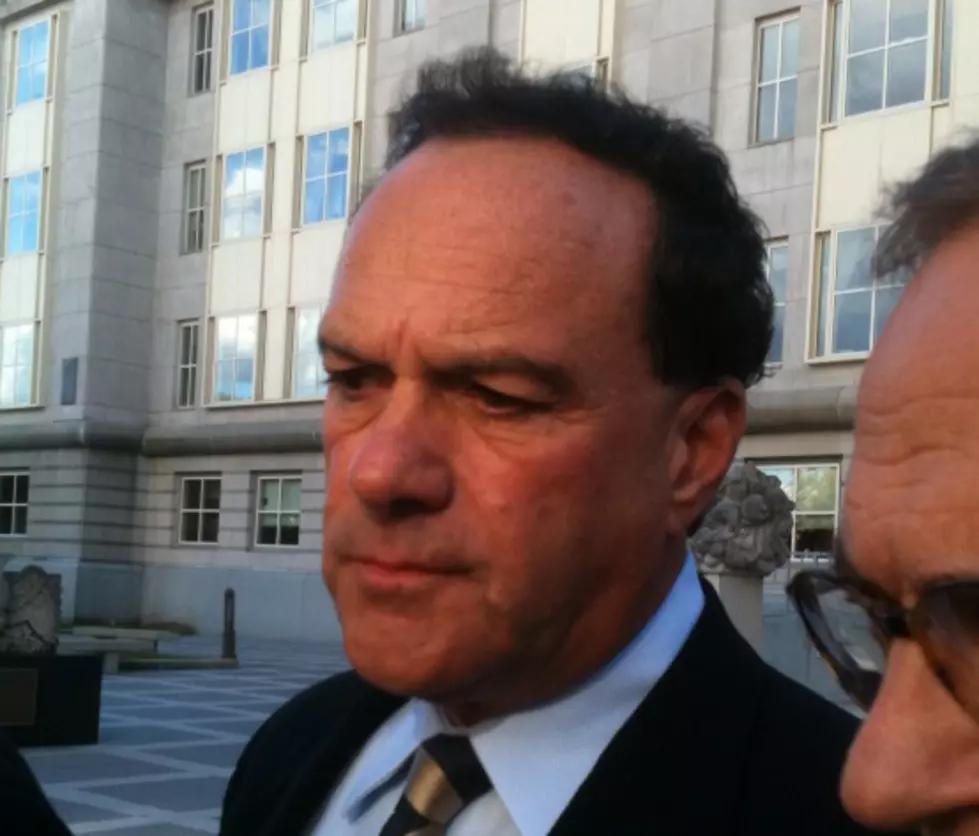
The Importance Of Mike Ritacco’s Plea
Former Toms River Superintendent Michael Ritacco’s guilty plea is a sigh of relief for many Township and state residents seeking justice, however how often do financial and fraud crimes make it to trial?
Not often.
According to Rutgers Law Professor and white-collar crime expert Stuart Green, in the United States over 90% percent of crime cases are resolved with a guilty plea. However he says there is anecdotal evidence to suggest that white collar and financial offenses have a slightly better chance of seeing a courtroom.
- RELATED: Michael Ritacco Pleads Guilty
He attributes it defendants in complex fraud and white collar crime cases usually have more resources to hire attorneys to create a defense than defendants in street crime cases. The other reason he believes could have to do with the often-convoluted nature of many of these cases.
“White collar crime cases are by their nature more ambiguous and complex. They’re often are really genuinely questions about guilt and whether the defendant violated the law.”
He adds more defendants in the white collar cases are willing to take their chances and go to trial.
What Green notes the guilty plea from co defendant Francis Gartland earlier in the week was critical for the prosecution, noting that often the prosecution has to choose who the “biggest fish’ is and who are more likely to cooperate.
Several days after Francis Gartland admitted to handing millions to Ritacco, the former superintendent also accepted a deal.
Green believes there’s good reason for that.
“People typically don’t plea for no reason, they normally plea because they’re getting some kind of consideration in the form of consideration or charges.
The professor notes prosecution of white collar crimes does act as a deterrent to a certain point.
“People who commit those kinds of crime, say insider trading for example or fraud, are people who might be deterred or are more likely to be deterred than people who are committing violent crimes.”
When it comes to sentencing Green also notes we have some of the harshest penalties in the western world, however he admits there is a public desire for white collar offenders to be given serious penalties.
Noting that though there have been calls from the public for harsher and harsher penalties, he reminds there are limits within the law which white collar crimes are punished.
“Even Bernie Madoff who caused a lot of pain and suffering to his victims didn’t inflict physical injury or death on any of them.”
More From 92.7 WOBM





![Toms River Residents Look For Fresh Start During Super Search [AUDIO]](http://townsquare.media/site/385/files/2012/03/mikeritacco_court2-300x256.jpg?w=980&q=75)
![Toms River Schools Seek Public Involvement In Super Search [AUDIO]](http://townsquare.media/site/394/files/2012/04/eastdover-300x225.jpg?w=980&q=75)


